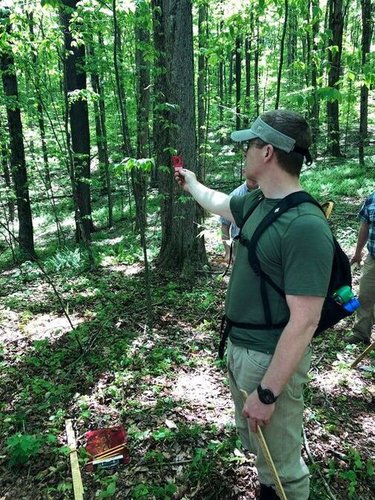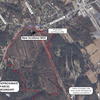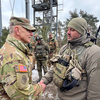Environmentalist Williams has advice on how to make the world a better place
As a kid growing up in Buffalo, Kristopher Williams’s parents encouraged him to play outside where he developed a love of nature.
But what brought his awareness of the importance of the environment into sharp focus was the death of his father from cancer. His father had worked for an industrial company that was in one of the top 10 polluted sites in the United States in the 1970s.
Williams went to college to study natural resources and started as an environmental hydrologist. Then he shifted careers to become a high school science teacher.
He wanted to make a difference in young minds and young lives, teaching his students how to be more in tune with the environment, to make good choices, and to understand both how science works and also how humans have such a large impact on the environment.
“There are a lot of things we can do to make our world a better place,” says Williams in this week’s podcast at AltamontEnterprise.com/podcasts.
He is now in his third career, as the coordinator for the Capital Region PRISM, Partnership for Regional Invasive Species.
Monitoring species that don’t belong is “a never-ending job,” he says, but worthwhile. “This is the greatest threat to endangered species and our ecosystem as we know it today,” said Williams.
The Capital Region PRISM, hosted by the Cornell Cooperative Extension of Saratoga County, serves 11 counties, including Albany, with a staff that includes an aquatics coordinator, a terrestrial coordinator, and an educator.
New York State has eight PRISMs, each involved in early detection and control of invasive species.
“We train citizen scientists,” said Williams. Capital Region PRISM has partnered with iMapInvasives so that volunteers, each responsible for a grid, report on invasive species they’ve seen through an app.
Williams spoke of crazy worms or jumping worms, which have been in Albany County for years but many people are not aware of. They came from Asia to the Pacific coast of the United States, he said; transported unwittingly in mulch or garden plants they made their way here.
Crazy worms are snake-like in their movement and really aggressive when you try to pick them up, he said; they shed their tails as a defense mechanism.
They reproduce easily and alter the structure and chemistry of soil, leaving it grainy, full of worm castings — damaging lawns, landscapes, and the forest understory habitat.
“There’s no magic wand to make them disappear,” said Williams.
Since the worms — identifiable by the white clitellum or collar that goes all the way around the body and is smooth — stay near the surface, some people use a mustard solution to drive them out; others squash them or cook them by placing black garbage bags over them.
Invasive species can cause huge economic effects. It is thought the spotted lantern fly can cost losses of $400 million in New York State, Williams said. They start their life cycle in the tree of heaven, a Colonial invasive, he said.
When they leave their host tree, they feed on stone fruit, like plums and peaches, and are attracted to vineyards and hops. They excrete a sticky honeydew-like substance that makes fruit inedible because of the mold it causes.
“No native pest will eat them,” says Williams.
Williams, who is a gardener himself, urges gardeners to plant native, resilient species and to diversify their plantings.
“I love showy plants,” says Williams but he notes, “Quite often, they come from other countries.”
Individuals can make a difference for the good. Other than planting wisely in their own yards, Williams said, they can adopt a favorite park or preserve to work on identifying and removing invasive species.
People, he concludes, need to become more conscious of their goods and services and actions.
— Melissa Hale-Spencer



